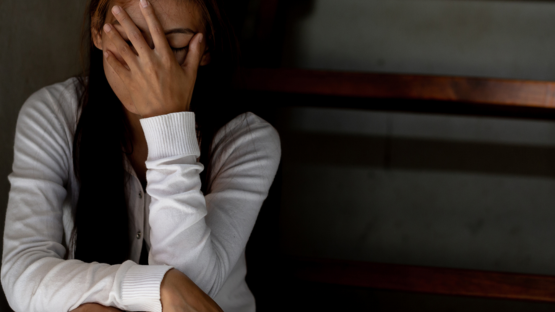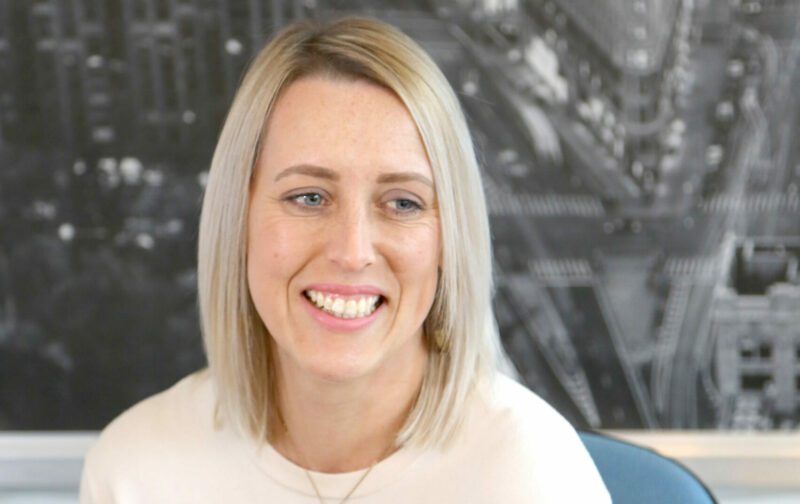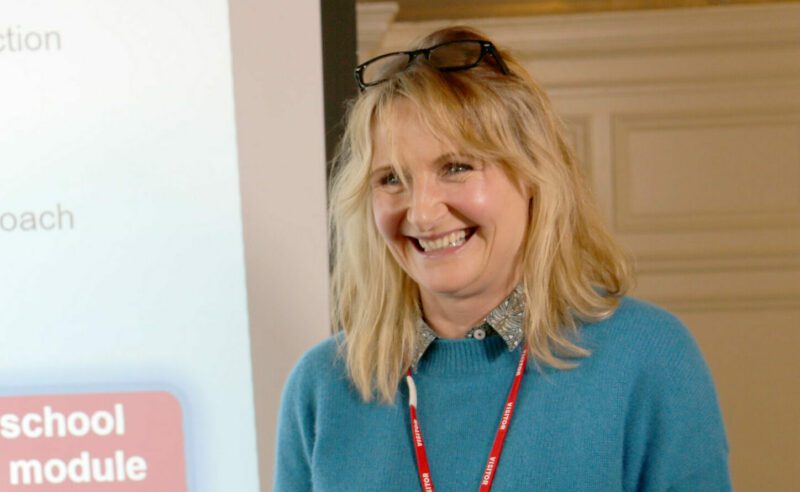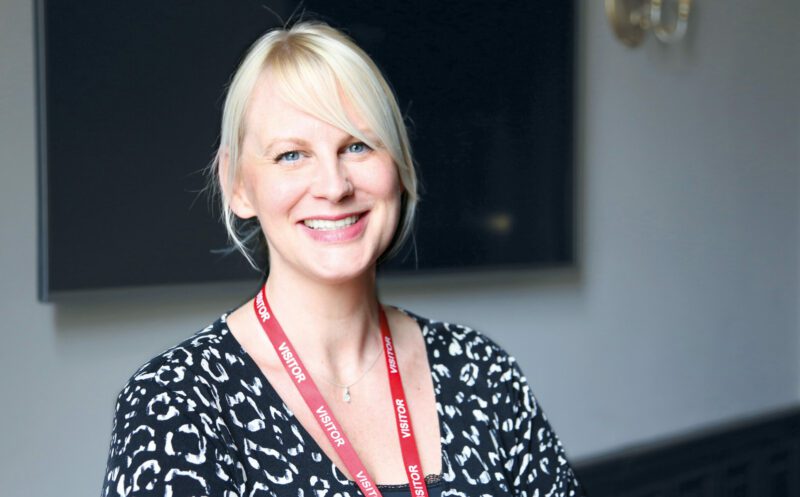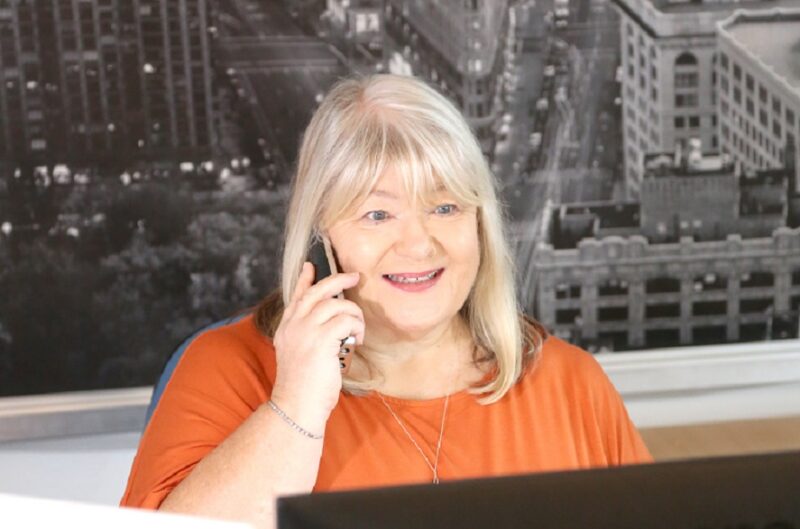
New legislation banning child marriage has come into force in England and Wales today, 27th February 2023. The new legislation now makes it illegal and a criminal offence to exploit vulnerable children by arranging for them to marry, under any circumstances whether or not force is used.
This means that 16 and 17 year olds will no longer be allowed to marry or enter a civil partnership, even if they have parental consent.
The change will crack down on forced marriages which can cause lasting damage on a child and forms part of the government’s continued commitment to tackle violence against women and girls. However, child marriage is often associated with domestic abuse towards girls, it can also relate to young males. This means that those found guilty of arranging any child marriage face sentences of up to 7 years in prison.
Forced marriage and arranged marriage
Forced marriage and arranged marriage are two distinct practices, although there can be some overlap between them. Here’s the difference:
Arranged marriage is a practice where two people, typically with the help of their families, agree to marry each other based on a variety of factors, such as compatibility, family background, education, and personal preferences. The families of the couple may arrange meetings or introduce them to each other, but ultimately, the decision to marry is left up to the individuals involved. In an arranged marriage, both parties have the ability to consent to the union and can choose to accept or reject the proposal.
Forced marriage, on the other hand, is a marriage where one or both parties are married against their will or without their consent. In a forced marriage, one or both parties may be coerced, threatened, or manipulated into marrying someone they do not want to marry. This can be due to various factors, such as cultural or religious beliefs, family pressure, or social expectations. Forced marriage is a violation of human rights and is not a legitimate form of marriage.
In summary, the key difference between arranged marriage and forced marriage is that in an arranged marriage, both parties give their consent, while in a forced marriage, one or both parties are forced into the marriage without their consent.
What schools need to know and do:
- Key staff need to be aware of the new legislation, including pastoral teams
- A review of all relevant policies to include the new legislation
- Include the new legislation in the schools curriculum
- Check training matrix to ensure staff are up to date with Honour Based Abuse (HBA) training
Helpful resources
Our updated, interactive whole school HBA: FGM, Forced Marriage & Brest Ironing Awareness training provides a clearer understanding of cultural and practical knowledge of HBA, helps staff and volunteers to recognise the signs and indicators of pupils at risk and understand responsibilities and reporting duties of child marriage and FGM. Training is available for onsite delivery or virtually. Register your interest here.
Call 01274 752299 or email admin@safeguardingsupport.com.

